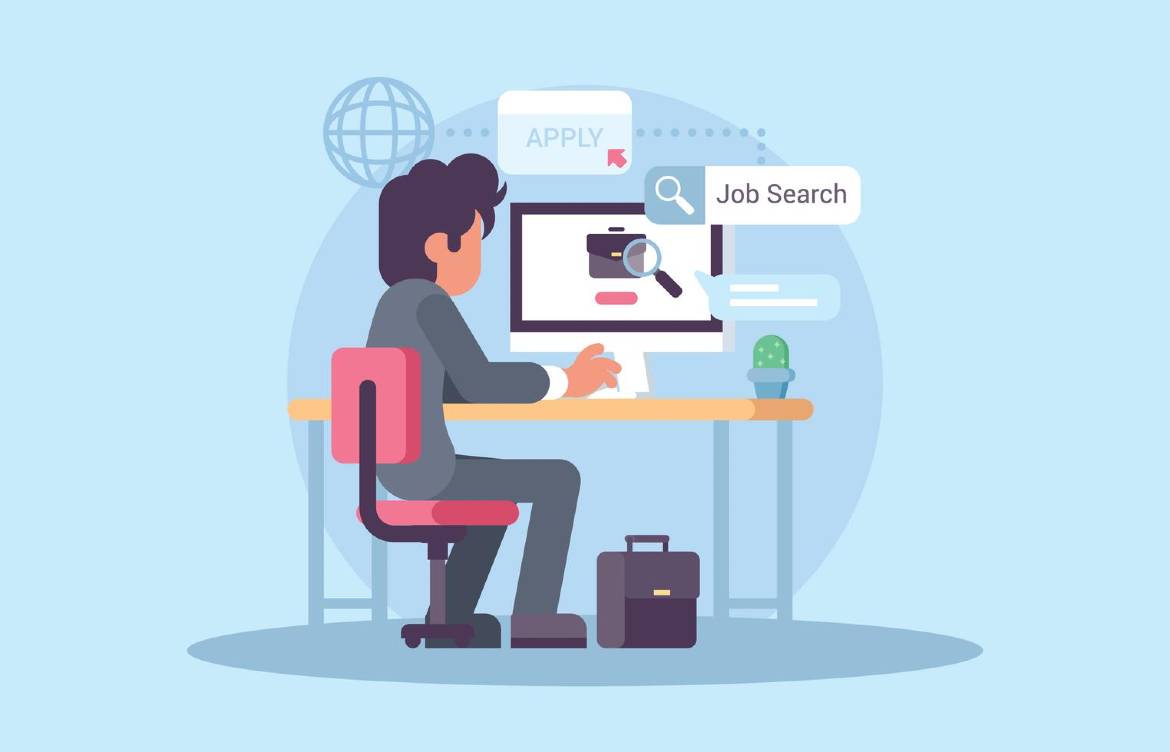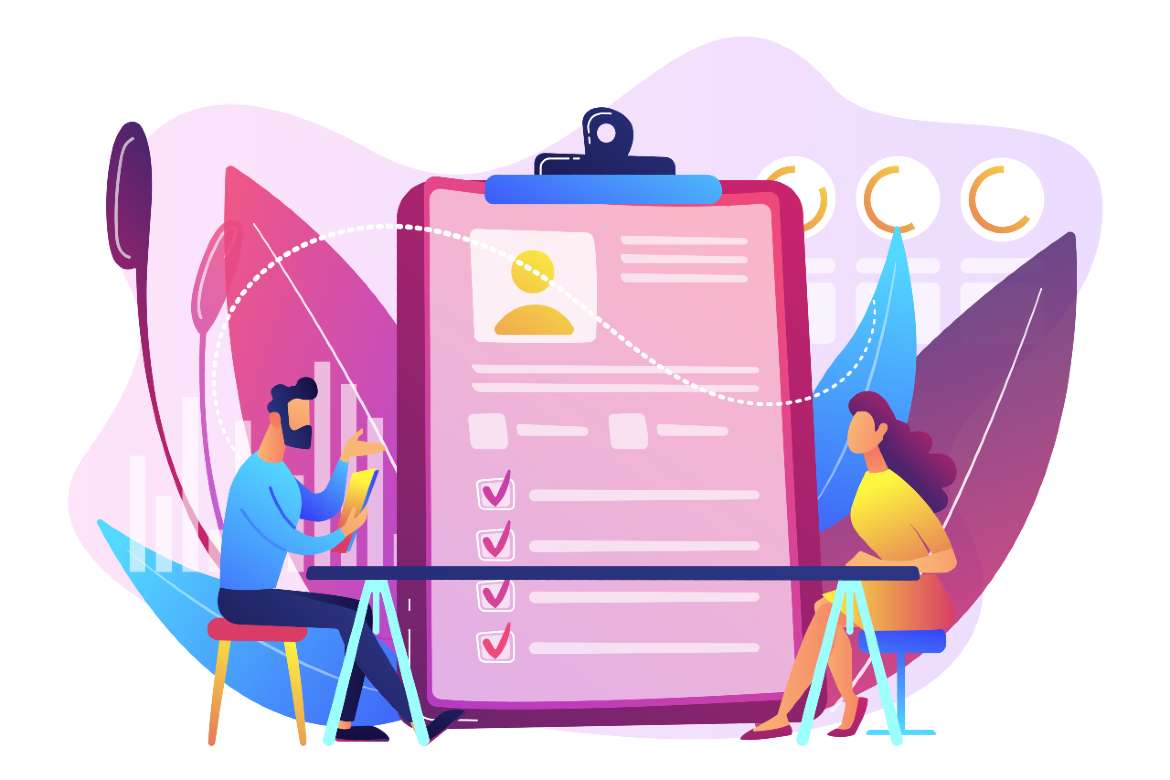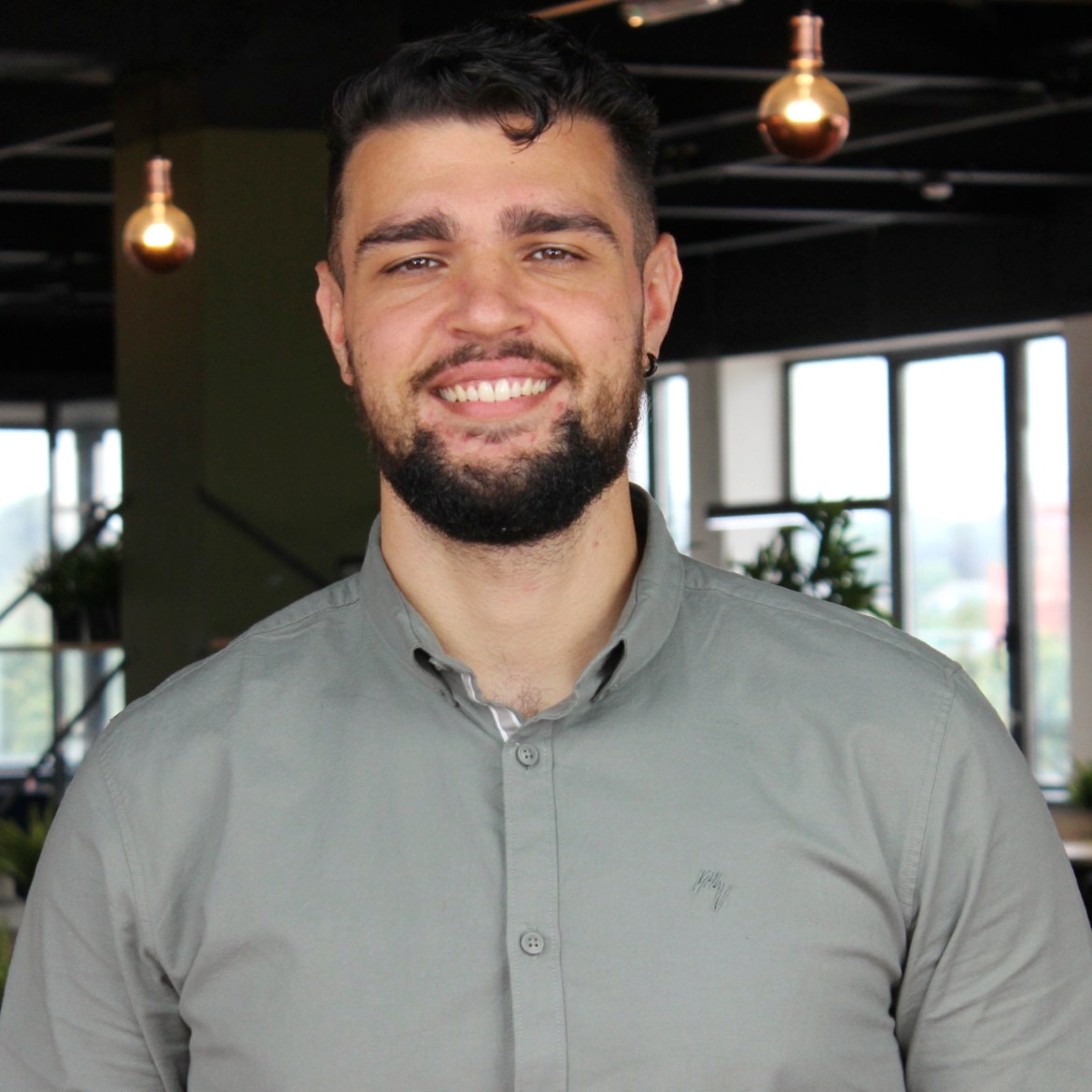
How do Employers Select Candidates to Join Their Teams?
Posted on:
by Sean Whelan
Job Interview Preparation
For all those candidates who are open to the market and looking for a new opportunity, it's important for you to know the selection process that goes on behind the scenes. There are many stages that take place in a selection process.
For example, the initial definition of the role, CV review and shortlisting, interview procedures, and technical assessments. All this is standard procedure that you as a candidate are probably aware of. In this blog, I wanted to dive into some of these stages and explore how you can positively impact your chance of getting on offer. You’re given a unique opportunity at every stage to make a lasting impression that might sway the decision in your favour.
CV Review Stage

Make sure your CV is neatly laid out, being consistent with font and design is key here. When designing the layout of your CV, give more space for the more recent work, with less as you go farther back into history. Also consider breaking down your experience into key responsibilities and key achievements. Another tip is to use the full width of the page. I often see CV’s where only half the width is used and this results in longer documents or smaller font size, which makes the reader's experience less enjoyable.
Avoid having too much information on it, by allowing it to have more than 2 pages it will be much harder to keep the reader's attention. Keep in mind that stating the exact dates of your tenure between different jobs is an important part of information when your CV is being reviewed.
This is the first impression you create, so make sure your CV is up to date with employment history properly dated with a correct timeline. Having gaps in your CV is completely fine but make sure you explain them.
There are no excuses for spelling errors, make sure you correct any mistakes that are highlighted. The main thing that is looked for on a CV is experience, progression and tenure. These 3 examples are important factors for recruiters to take into consideration along with hiring managers too.
Interview Stage

The interview stage is one of the most important steps of an application process for a candidate. There needs to be some preparation and research before your interview. The one thing I always say to my candidates is to never have the “wing it” attitude and to always do some prep the night before an interview.
I always get questions like what's the best way to prepare for an interview? What research is needed? - Here is what I advise candidates to do to make them stand out:
-
Quick research on the company - Who they are? What are they all about?
-
Research the important personnel of the company - This can be a valuable piece of research to the candidate, it shows initiative and interest to the interviewer which can be an advantage.
-
Look for the job spec - This can give you an idea of what they are looking for in an employee in terms of attributes, experience, personality etc.
-
Prepare questions - Have about 8 to 10 questions ready to ask at the end, it can be a major red flag if you have ended the interview without asking any questions. You wont get to ask all 10, but if many were already answered during the course of the interview, you will always have more left to cover.
Once you’ve gotten through all these steps you’re already halfway there. So, give yourself a pat on the back.
An additional pointer I would often tell my candidates would be around keeping the communication channel consistent. Once you’re done with your interview it’s best practice to contact your recruiter and give them your feedback on the interview process.
This gives them an opportunity to contact the client and share your opinions with them, and could help speed up the decision making process.
Culture Fit Stage

This stage can sometimes be overlooked by some companies. A culture fit is to identify the candidate’s personality, interests and values and check if they align with the company’s ethos, mission and it’s values.
If they are a small team, with a positive atmosphere that always supports each other then a candidate who prefers to solely work on their own targets and meet their personal goals and does not show as much enthusiasm could easily fail the culture fit stage. Nothing wrong in wanting to just own your own desk, but it is crucial to remember that culture is very important to companies and they will protect it at any cost.
This is common feedback I receive from clients when some of my candidates reach this stage of an interview process. Employees that want to make a good impression in their interview need to utilise this chance to showcase their personality in the best way possible to make their case. This is a chance for companies to see if you fit the bill and if you are right for the team not only on an experience or knowledge perspective but also on a personal level.
I am an expert at recruitment Frontend and Backend Developers
I recruit for Frontend and Backend specialists, the likes of Java Developers, Software Engineers, Software Support Engineer, UI Engineers, Web Developers and Frontend Developers.
The candidate selection process varies between the 2 different specialisms (i.e. For frontend versus backend candidates). For the Frontend Developers it's always important to have a website or a portfolio that you can present or that recruiters can follow via LinkedIn, this can really help candidates stand out in the interview process.
In terms of backend it's really important to highlight the skills that you know, so making sure your LinkedIn is always up to date as well as your CV when you send it across to be reviewed.
A few final thoughts…
Keep upskilling. It’s important to maintain your competitive edge. Nowadays I find that employers are most commonly looking for Software Engineers with a significant amount of cloud experience. There are great ways of improving your profile with different courses on certain technologies, it's very common that candidates partake in LinkedIn assessments and online courses to better their knowledge which will ultimately make you stand out when it comes to the selection process.
If you have any questions or thoughts you would like to share regarding this topic I would be happy to discuss them with you. Feel free to get in touch with me at sean.whelan@gempool.ie.







